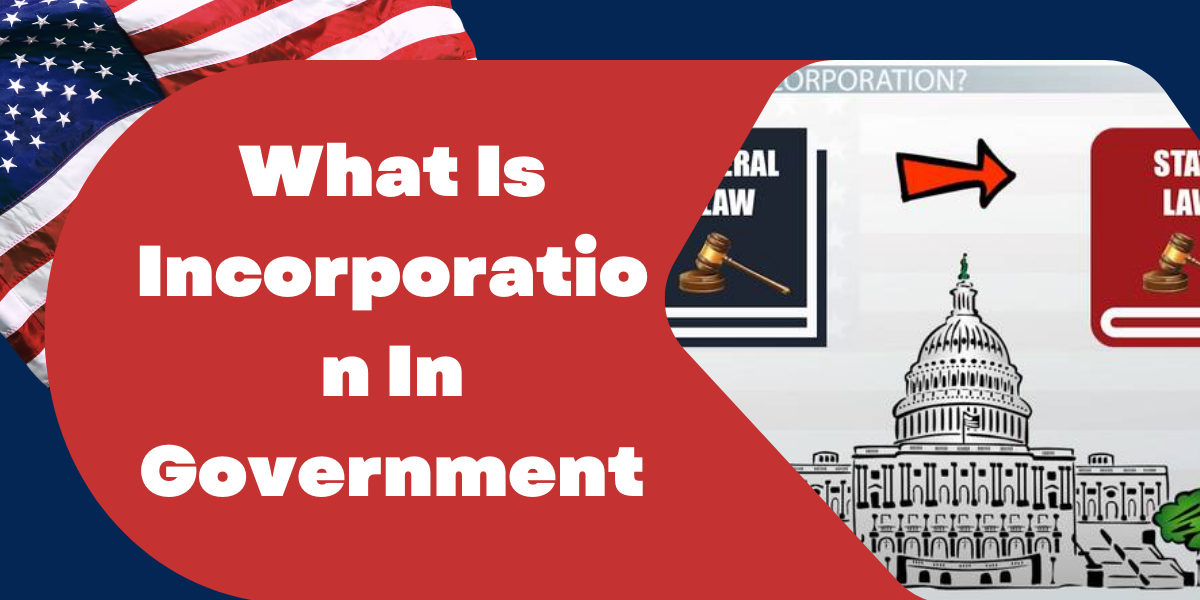What is Incorporation in Government?
Incorporation is a process by which a business or organization becomes a separate legal entity recognized by law. This legal entity has its own rights and responsibilities, and can enter into contracts, sue or be sued, own property, and pay taxes. Incorporation is a popular choice for businesses because it offers a number of advantages, including limited liability protection and the ability to raise capital through the sale of stock.
Incorporation is not just limited to businesses, however. Governments can also incorporate in order to establish a legal entity that is separate from the individuals who make up the government. In this article, we will explore what incorporation means in the context of government, and why a government might choose to incorporate.
What is Government Incorporation?
When a government incorporates, it establishes a legal entity that is separate from the elected officials and civil servants who make up the government. This legal entity is often called a municipal corporation, and it is given the power to enter into contracts, own property, sue or be sued, and conduct business in much the same way as a business corporation.
Municipal corporations are often created for specific purposes, such as to provide public utilities, manage a transportation system, or oversee a particular area of land. They are typically governed by a board of directors or a council, who are elected by the citizens or appointed by the government.

Advantages of Government Incorporation
There are several advantages to government incorporation. One of the main advantages is that it allows the government to operate more efficiently and effectively. What Is Incorporation In Government By creating a separate legal entity, the government can focus on its core functions, while leaving the day-to-day operations of the municipal corporation to a board of directors or council.
Another advantage of government incorporation is that it allows the government to raise capital more easily. Municipal corporations can issue bonds or sell stock to raise money, just like a business corporation. This can be particularly useful for funding large infrastructure projects, such as the construction of a new airport or highway.
In addition, government incorporation can provide a degree of legal protection for elected officials and civil servants. By establishing a separate legal entity, the government can shield its employees from personal liability in the event of a lawsuit or other legal action.
Examples of Government Incorporation
There are many examples of government incorporation around the world. In the United States, for example, many cities and towns are incorporated as municipal corporations. These municipalities are responsible for providing a range of public services, such as water and sewer systems, waste management, and public transportation.
Another example of government incorporation is the Canadian province of Quebec. In Quebec, the government has created a number of regional county municipalities (RCMs), which are similar to municipal corporations. RCMs are responsible for providing a range of services, including land-use planning, waste management, and economic development.
Incorporation is a process by which a business or organization becomes a separate legal entity recognized by law. When a government incorporates, it creates a municipal corporation that is separate from the individuals who make up the government. Municipal corporations are given the power to enter into contracts, own property, and conduct business, and are often created for specific purposes.
Government incorporation offers a number of advantages, including more efficient operation, easier access to capital, and legal protection for government employees. There are many examples of government incorporation around the world, and it is likely to remain a popular option for governments looking to improve their operations and provide better services to their citizens.




